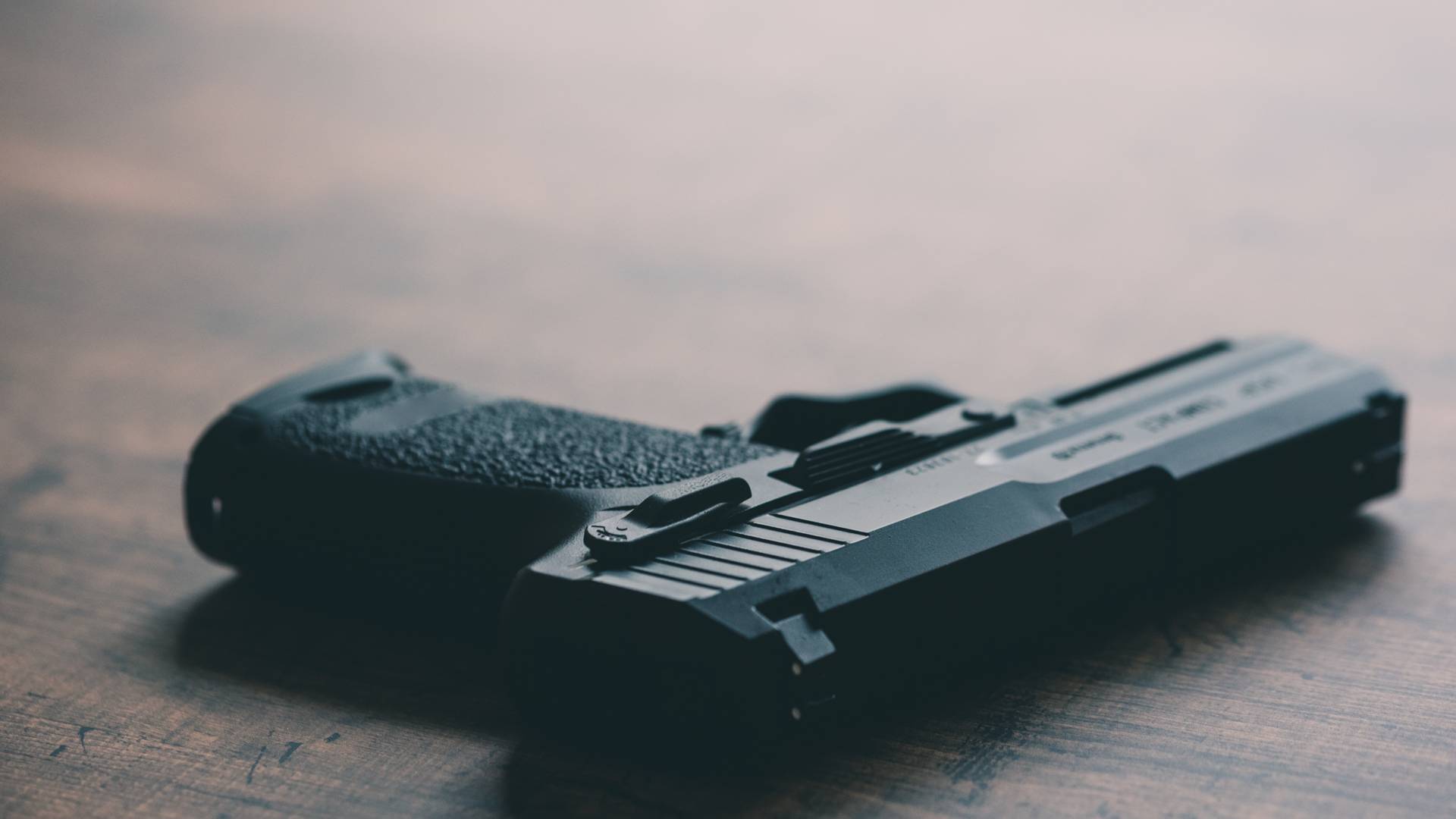Yes. Violation of parole is a violation of law, and therefore, it must be taken seriously. Many individuals released on parole slip up by not following the rules set down in parole. Common mistakes include:
- You fail to appear at a scheduled court appearance.
- You fail to report to your probation officer.
- You fail to pay court-ordered fines or restitution.
- You violate an electronic monitoring requirement.
- You make contact with a victim of the crime you committed, or an individual who testified against you.
- You hang around with the wrong people.
- You travel out of state without permission.
- You are caught with illegal drugs, either possessing or selling.
- You commit another other crime.
- You are arrested for an offense, whether it is actually a crime or not.
There is a reason for these strict requirements. As a convicted person released back into society, the courts want to ensure that you are ready for the transition.
In our practice we work with many individuals charged with parole and probation violations. Many feel that the rules are harsh or capricious, or they got sloppy and forgot the terms of the parole agreement, or overslept and skipped a court appearance, or their parole officer is out to get them - which is often the case.
In the old days, it was entirely at the discretion of the parole officer whether you went back to prison or not. In 1972 the United States Supreme Court ruled in Morrissey v Brewer that individuals charged with violating parole were entitled to a greater degree of due process than the system then allowed.
This means you have the opportunity at a parole violation hearing to plead your case. You do not have to prove that you did not commit the violation. It is the prosecutor's responsibility to show that, by a preponderance of evidence, you broke the rules. You are entitled to defend yourself.
If you fail to persuade people at the hearing of your situation, you face a variety of consequences, depending on the nature of your violation, how serious it was, and whether you have a history of violating probation. If you are found to be in violation, you are subject to fines, extended probation, or returning to jail.
Protecting your rights
It goes without saying that your case is stronger when you are represented by a lawyer who knows the system, and what the parole hearing needs to hear. You know what prison is like. You don't want to go back there. Your best choice is to hire a lawyer you can trust to protect your rights.

